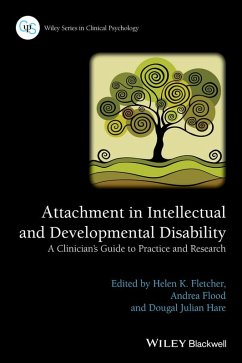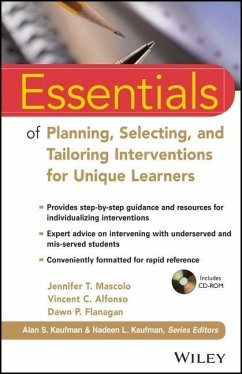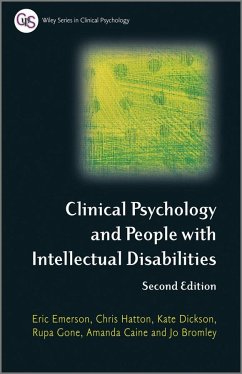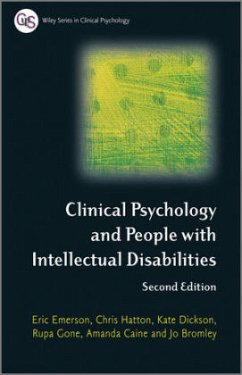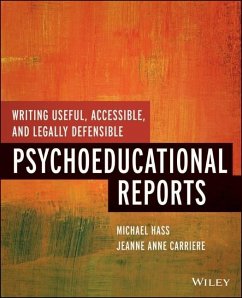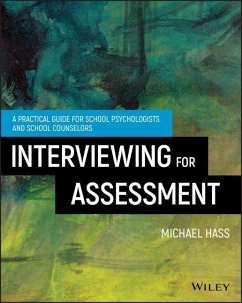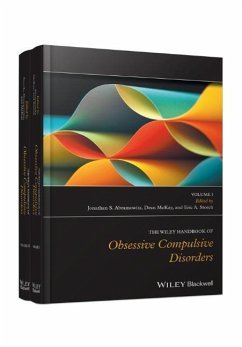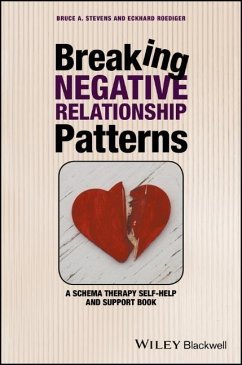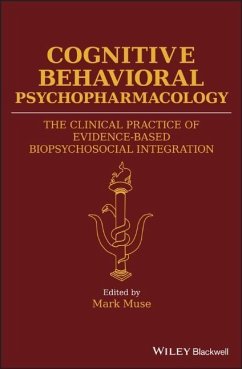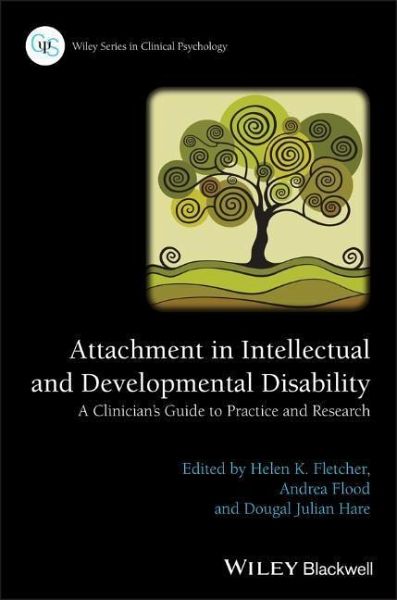
Attachment in Intellectual and Developmental Disability
A Clinician's Guide to Practice and Research
Versandkostenfrei!
Versandfertig in über 4 Wochen
55,99 €
inkl. MwSt.
Weitere Ausgaben:

PAYBACK Punkte
28 °P sammeln!
Attachment in Intellectual and Developmental Disability: A Clinician's Guide to Practice and Research is the first book to explore the clinical difficulties associated with attachment relationships in people with intellectual and developmental disabilities._ Draws together knowledge from disparate sources in a definitive new resource for clinicians working in this area_ A growing body of evidence-based approaches in this area are underpinned by attachment theory, including direct intervention and the use of attachment theory to understand interactions and relationships_ Presents and integrates...
Attachment in Intellectual and Developmental Disability: A Clinician's Guide to Practice and Research is the first book to explore the clinical difficulties associated with attachment relationships in people with intellectual and developmental disabilities.
_ Draws together knowledge from disparate sources in a definitive new resource for clinicians working in this area
_ A growing body of evidence-based approaches in this area are underpinned by attachment theory, including direct intervention and the use of attachment theory to understand interactions and relationships
_ Presents and integrates cutting-edge models and approaches that have previously been available only to specialists
_ Written by mainstream practitioners who are active in clinical work and research; focused on real-world applications, with illustrative case examples throughout
_ Draws together knowledge from disparate sources in a definitive new resource for clinicians working in this area
_ A growing body of evidence-based approaches in this area are underpinned by attachment theory, including direct intervention and the use of attachment theory to understand interactions and relationships
_ Presents and integrates cutting-edge models and approaches that have previously been available only to specialists
_ Written by mainstream practitioners who are active in clinical work and research; focused on real-world applications, with illustrative case examples throughout




